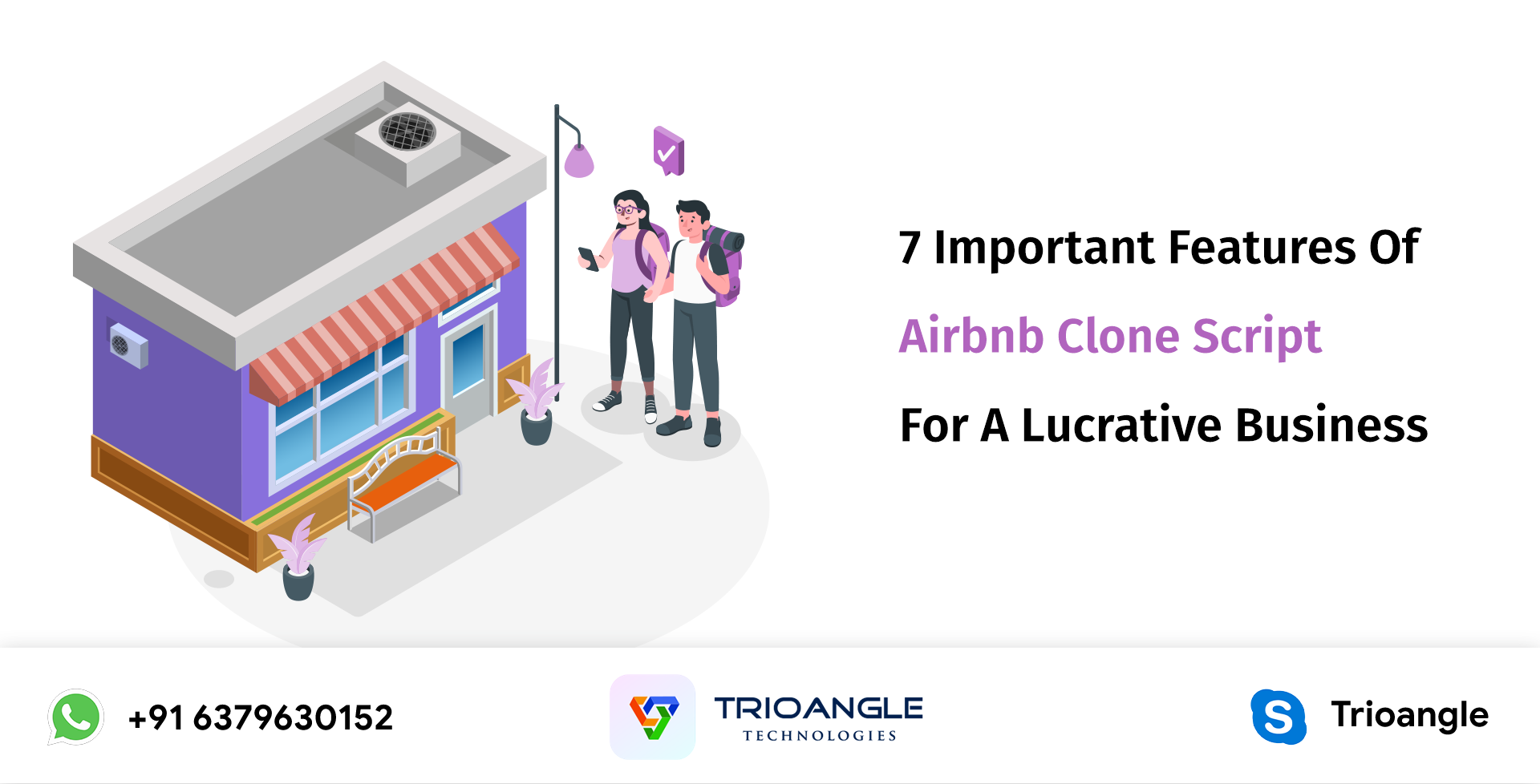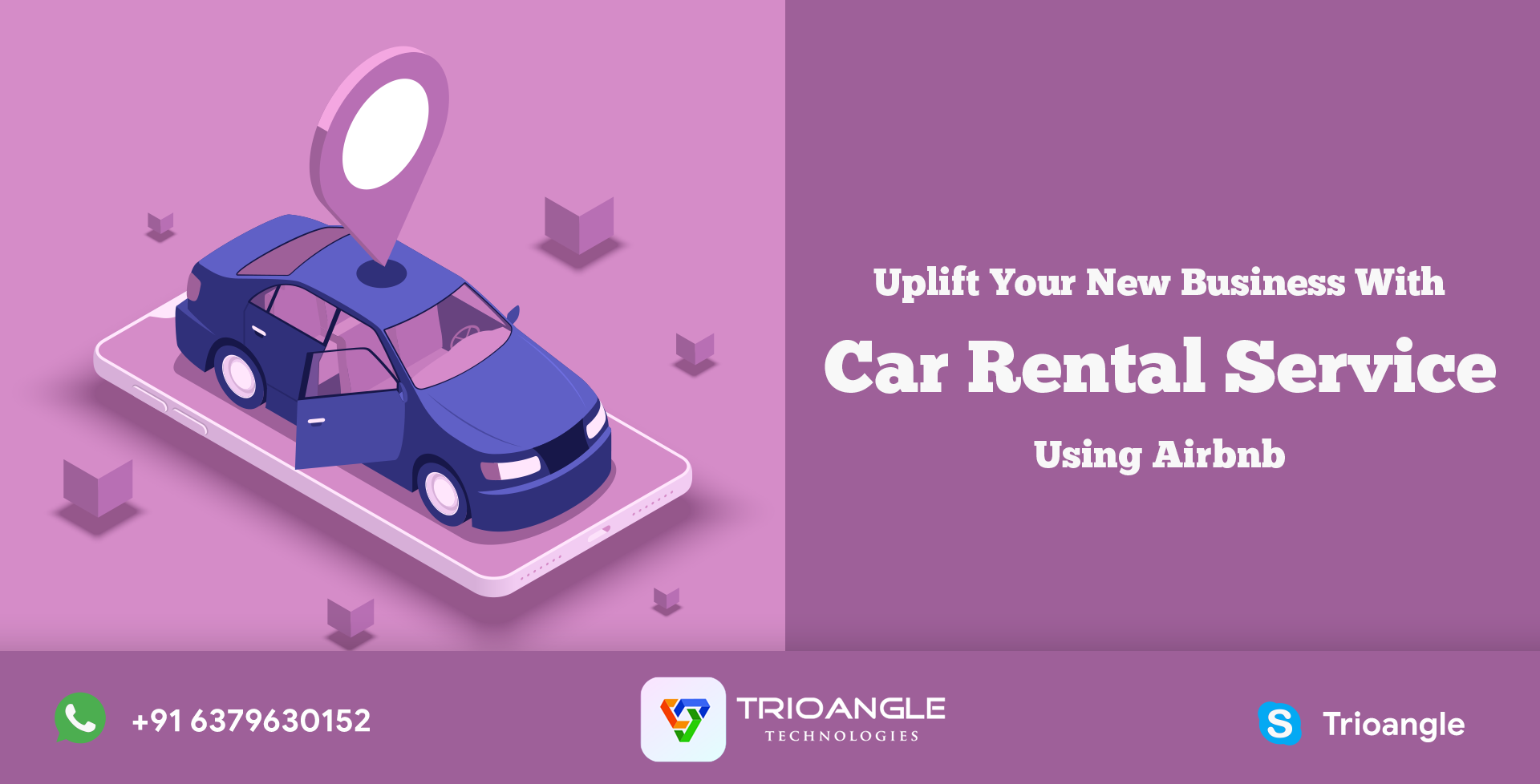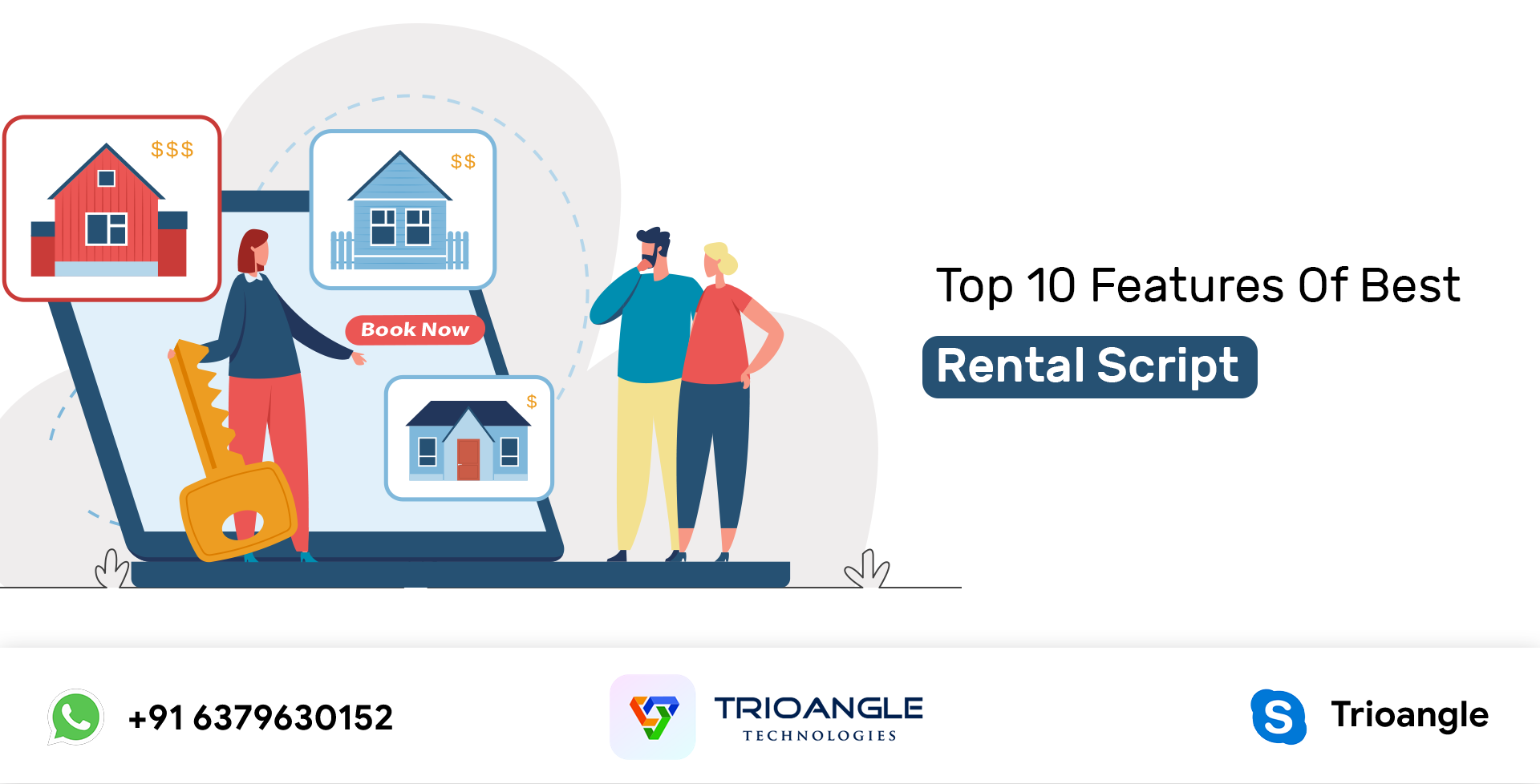The party rental business industry has experienced significant challenges over the past two years due to lockdowns and social distancing measures. Parties and social gatherings vanished overnight, leaving the industry in a state of uncertainty.
However, with the easing of restrictions, people are again embracing the joy of parties and coming together to celebrate and socialize. Throughout history, parties have always been a part of human culture, and the desire to gather and celebrate will always persist. Whether it’s a wedding, a birthday, or a corporate event, there is always a rationale to sling a party!
Considering the recovering global economy and the increasing number of events taking place, starting a party rental business is a promising idea. This industry involves providing the necessary resources for a successful party.
In this blog, we’ll provide a comprehensive guide on how to start a party rental business. By following this guide, you can enter this massive and trending industry and establish a successful company.
So, continue reading and embark on your journey in the world of party rentals!
What is a Party Rental Business?
A party rental business is a company that provides various items and services for parties and events. It typically involves renting out equipment, supplies, and entertainment options such as buildings or rooms, chairs, tables, tents, and various equipment for cooking and sound to individuals or organizations hosting parties.
The business may also offer services like delivery, setup, and teardown of rental items. Party rental businesses cater to various events, including birthdays, weddings, corporate gatherings, and community celebrations.
According to Research and Markets, the US party supply rental market size was estimated at $2,434.37 million in 2023 and is projected to grow at a CAGR of 14.76% to reach $6,414.77 million by 2030.
Types of Party Rental Business
Before diving into the process of how to start a party rental business, it’s essential to gather some inspiration. There are numerous party rental business niches catering to various types of events and specific needs.
Here are a few examples of these niches:
Event Planning and Production Companies
Expanding into the equipment rental business can be a profitable secondary income source for event planning companies. Whether you specialize in corporate events or private parties, there is a demand for reliable equipment suppliers. By offering rental services, you can cater to the needs of others who have faced similar challenges.
This expansion can help meet the demand and generate additional revenue for your online rental business.
Wedding Rental Business
The wedding rental industry offers lucrative opportunities for new business owners. It doesn’t require a vast inventory of seats and tables; you can focus on providing decorations for various wedding styles, such as boho decor, lighting, dry flowers, and table centerpieces. You can quickly establish your business by offering these items that couples might find unnecessary to purchase for a single day.
Researching popular wedding styles and venues will help you grow and cater to the market demand.
AV Equipment Rental Business
Starting an AV equipment rental business can be highly profitable as there is a constant demand for such services in the event industry. People prefer to rent expensive AV equipment rather than purchase it for occasional use. You can begin with smaller offerings like speakers, mic setups, and smoke machines and gradually expand your inventory.
If you already own such equipment for hobbies or other reasons, renting it out ensures a return on your investment when it’s not in use.
Bounce House Rental Business
Bounce house rental businesses are gaining popularity, particularly among parents with young children. These businesses offer inflatable bounce houses for rent, commonly used for birthday parties and other events. Set up staff members and supervise the bounce houses during use. Additionally, many businesses offer other inflatable products like slides and obstacle courses.
Whether for children’s parties or nostalgic enjoyment, a bounce house rental business provides hours of fun for all ages.
Kitchen Equipment Rental Business
Food is an essential aspect of any party, making catering a crucial business. When starting, focus on acquiring the essential kitchen equipment and utensils clients commonly request to avoid unnecessary inventory.
Apart from catering, other trending party rental businesses include:
- Event venues
- Photo booth rentals
- Glamping and tent rental services
- Seasonal event rentals like Christmas decorum
Exploring these options can offer lucrative opportunities in the event industry.
Steps to Start a Party Rental Business
Starting a party rental business involves several key steps. Here is an outline of the process of how to start a party rental business:
1. Study Your Market
Before starting a party rental business, it’s crucial to conduct market research, which involves gathering information about your target audience and market to understand their needs and preferences. Market research helps you gain insights into your competitor’s strategies, operations, and the services and prices they offer. This information can then be used to shape your product or services to provide added value and establish a competitive advantage for your party rental business.
To conduct market research, consider asking the following questions:
- Who are your current customers?
- What specific products or services are they seeking?
- Where do these customers typically search for solutions?
- What options are currently available in the market?
- How can you provide additional value to your target market?
- What are the existing challenges within the current market?
- How many individuals would be attentive to your service offerings?
- What alternatives are currently accessible to potential customers?
- How much do potential customers pay for these alternatives?
- What factors influence purchasing decisions and conversions among your target audience?
By answering these questions, you can gain a clearer understanding of your market and tailor your party rental business to meet the needs and desires of your customers more effectively.
2. Write Your Business Plan
Once you have conducted market research, the next step in how to start a party rental business is to create a business plan. This plan outlines your business objectives and the strategies you will employ to achieve them.
Your business plan should include the following:
- Findings from your market research
- Target market
- Go-to-market strategy
- Starting capital
- Financial projections
- Business purpose and mission
Remember that a business plan is a dynamic document of your business that must be reviewed and updated frequently.
As your business grows and evolves, make necessary adjustments to your plan. It’s recommended to review and update your business plan at least once a year to align with your goals and adapt to changing market conditions. Updating your business plan ensures that you stay strategic, relevant, and well-prepared to achieve your desired results in the party rental business.
3. Register for Business Licenses and Permits
When launching a business, it’s crucial to obtain the necessary licenses and permits as required by the country or state in which you operate. Failing to do so can lead to significant penalties or even the closure of your business.
While party rental businesses typically do not have specific licenses required in many countries, it’s important for business owners to thoroughly research and understand the local requirements applicable to their jurisdiction.
This ensures compliance with relevant laws and regulations. By doing so, you can avoid potential legal issues and legally operate your business.
4. Purchase the Right Equipment
When starting a party rental business, asking customers about their equipment preferences is important. This will help identify popular items like folding tables, folding chairs, party tents, lighting systems, photo booths, bounce houses, and food displays.
However, instead of purchasing all the mentioned equipment, create a priority list of items to buy and consider sub-renting others. This way, you can meet more customer needs in one place and avoid excess inventory.
Providing a comprehensive range of equipment increases the likelihood of customers choosing your services over multiple vendors.
5. Implement a Pricing Strategy
After researching your competitor’s pricing, understanding what your potential customers are willing to pay, and calculating your break-even point or desired profitability, you can determine the appropriate pricing for your party rental services.
While using competitor prices as a reference is helpful, setting prices too low can make it challenging to cover costs and might raise concerns among potential customers. On the other hand, excessively high prices may deter sales.
To set the right prices, consider various pricing models and strategies:
- Cost-plus margin
- Demand-based pricing
- Competition-based pricing
- Price bundling
Choosing the most suitable pricing strategy depends on your target audience and revenue goals. Experimentation and monitoring customer response can help refine your pricing approach over time. Remember, finding the right balance between affordability and profitability is crucial to attracting customers while ensuring the financial sustainability of your party rental business.
6. Create a Website
To ensure the success of your party rental business, it’s crucial to have an attractive and professional website or rental booking app like Airbnb. You have two options: either create the website yourself if you have experience in web design and development, or seek professional assistance if you lack the skills or time. The website should be optimized for local search engine results, specifically targeting your location.
Investing in local SEO is worth it because having a visually appealing website won’t matter if potential customers can’t find it easily. Allocate a budget specifically for local SEO and make it a priority in your website development and marketing strategy.
By ensuring that your website is both visually appealing and optimized for local search results, you can significantly increase the chances of attracting customers to your party rental business.
7. Invest in Marketing
When starting a party rental business, marketing should be a top priority. It helps establish brand awareness and credibility, crucial in the early stages. Building familiarity with your brand and showcasing your unique value proposition will differentiate you from competitors.
Effective marketing impacts turnover, pricing, promotions, and advertising strategies. Here are some techniques to build brand awareness:
- Networking with local businesses
- Advertising in relevant business magazines
- Utilizing social media advertising platforms like Facebook and YouTube.
- Implementing search engine advertising through Google and Bing, using CPC (cost per click) to display ads on result pages or other websites.
- Creating and managing your “Google My Business” listing for better online visibility.
By employing these marketing strategies, you can increase your visibility, reach potential customers, and establish a strong brand presence in the party rental market.
Monetization Methods in Party Rental Business
The party rental business can employ several monetization methods to generate revenue. Here are some common strategies:
Rental Fees and Packages
The primary source of revenue for the party rental business is rental fees. Determine competitive pricing for your rental items based on factors such as market rates, quality of products, and demand. Consider offering different rental packages to cater to various customer needs and budgets.
Delivery and Setup Services
Delivery and setup services can be an additional revenue stream for your party rental business, providing convenience to customers. Calculate transportation, labor, and setup time costs, and incorporate them into your pricing. Communicate the value of these services to customers, emphasizing the time and effort saved.
Additional Add-Ons and Services
Offer additional add-ons and services to enhance customers’ event experience and increase revenue. Conduct market research to identify popular options. Upsell and cross-sell to customers with a comprehensive range of choices. Increase average transaction value by providing decorations, lighting upgrades, games, photo booths, and catering partnerships.
Partnerships and Collaborations
Collaborating with complementary businesses can open new monetization avenues. Establish partnerships with event planners, caterers, photographers, entertainers, or venues to offer bundled services or referral programs. This allows you to tap into their customer base and generate additional revenue.
Seasonal and Special Event Promotions
Utilize seasonal events and special occasions for targeted promotions. Offer discounts, package deals, and exclusive items. Partner with local organizations or clients for bulk orders. Capitalize on peak seasons to boost sales and revenue for your party rental business.
Final Thoughts
The global demand for party supplies is on the rise, accompanied by fierce competition. However, there is no need to be intimidated by the existing market saturation. Remember, fresh perspectives are always welcomed in the online rental business industry.
By following the steps outlined in this blog, prioritizing exceptional customer care, and providing a convenient range of party supplies at affordable prices, you’ll find yourself meeting the ever-growing demand.
So, seize the opportunity, embrace innovation, and carve out your unique space in this thriving market.





